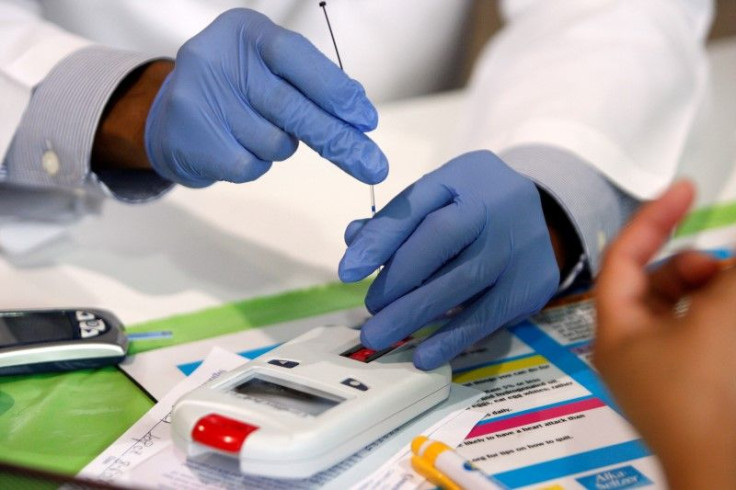Cholesterol Pill Boosts Cancer Immunotherapy, At Least In Mice

LONDON (Reuters) - Tweaking cholesterol levels with a simple pill may boost the effectiveness of new immunotherapy drugs that are starting to revolutionize the treatment of cancers, experiments in mice suggest.
Two new drugs from Bristol-Myers Squibb and Merck, Opdivo and Keytruda, help the body's immune system fight tumors and are already being used to fight lung cancer, kidney cancer and melanoma.
But such so-called checkpoint inhibitors, which are also being developed by Roche, AstraZeneca and Pfizer, do not work for all patients, prompting scientists to search for improvements.
One option could be to modify cholesterol levels, since this can increase the anti-cancer activity of immune cells known as killer T cells, Chenqi Xu of the Chinese Academy of Sciences and colleagues reported in the journal Nature on Thursday.
In particular, they found that adding the drug avasimibe to checkpoint drugs that block a protein called Programmed Death receptor (PD-1) improved tumor inhibition and increased survival in mice.
"These data show that avasimibe and anti-PD-1 act through different pathways and have additive effects in cancer immunotherapy," they wrote.
Avasimibe was originally developed by Pfizer, which at one stage saw it as a potential contender to succeed its blockbuster cholesterol fighter Lipitor. But it was dropped from development after failing to treat cardiovascular disease as well as hoped.
Nonetheless, it can still be used in clinical trials and it has the advantage of being administered as a pill.
Michael Dustin of the University of Oxford, who wrote an accompanying comment about the latest research, said it was "exciting to speculate" that doctors might one day be able to prescribe a pill to boost cancer immunotherapy.
(Reporting by Ben Hirschler; Editing by Greg Mahlich)



























